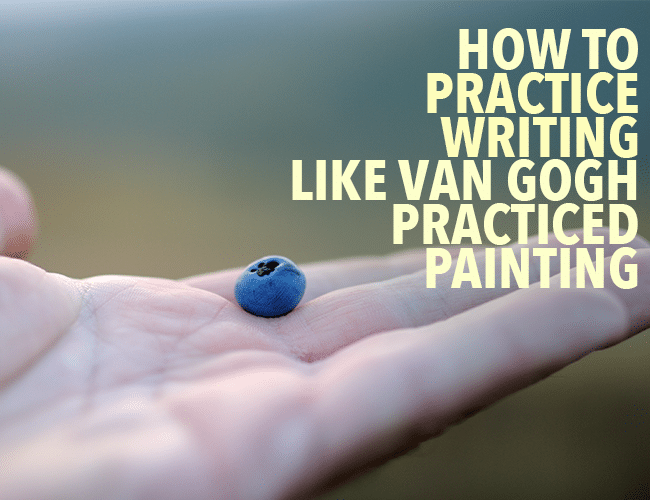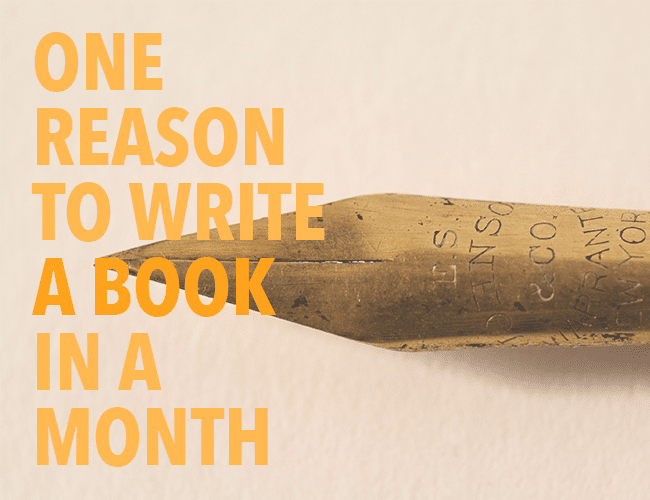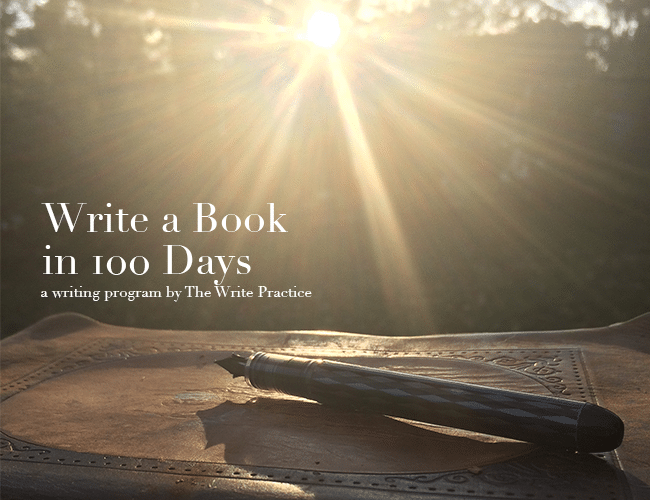
by Jeff Elkins |
Sometimes writing can feel like a race. We rush to finish the next manuscript or the next novel or the next short story. We try to be factories that churn out narratives that will sell. We jump from one project to the next because we’ve been told consumers demand a constant flow of new things to devour.
This race can be exhausting and discouraging. In the midst of it, we can lose sight of the fact that writing, like any art, is a craft that needs to be practiced to be perfected. There is value in slowing down, taking a break from larger works, and practicing small things.

by Monica M. Clark |
A while back I attended a novel-writing workshop. Each week we read thirty pages from two students and spoke about them in depth during class, offering helpful feedback and criticism of their writing. After the second or third week, it became customary to ask whoever had been up for a critique “are you OK?” after class. Sometimes I saw tears. I myself felt overwhelmed by the amount of work I still had to do and my classmates’ brutal honesty.
We all know workshops and editing are crucial to the writing process. Writing criticism is essential. But man, that feedback can be hard to hear. Here five survival tips.

by Joe Bunting |
Today is the first of November. For many writers, that means one thing: National Novel Writing Month has begun.
One thing’s for sure: writing 50,000 words in 30 days takes a lot—a lot of dedication, of imagination, of perseverance. It’s important to know why you’re writing at all. Focusing on that reason for starting will help you power through when the writing gets hard and you’re tempted to quit.
There are hundreds of reasons to write a book in just thirty days. Today, though, I’ll focus on just one.

by Ruthanne Reid |
Ever had one of those weeks? The kind of week where life boils over, and even if you have time to sit down and write, you don’t have a lot of writing to give.
Sometimes, life goes nuts; when it does, it’s harder to write.
You’ve got nothing. No characters talking, no plot points singing. Your story seems dumb, your twist ending feels predictable, and you suddenly wish you’d never told anybody you were going to write because it’s gonna be humiliating when you fail.
We all have weeks like that—I know I do—and so today, I’m going to give you three steps to work through those troubled times when you can’t write at all.
by Ruthanne Reid |
Have you ever seen an expert do something so brilliantly that they made it look easy? Writing is like that.
Here’s the thing: when our favorite authors write, they sit down and they write and they make it look easy. We see (or imagine) their facile skill with words and phrases, and we think, I want to do that. For a while, we even feel like we can do that. But when we put words down . . . well, they just don’t come out like that.
The truth is, though, no writing is wasted—not even your worst words, the pages that will never see the light of day.

by Joe Bunting |
In the last few weeks, we asked you to tell us about what you’re writing. Many of you are in the middle of writing a book, and many more would like to start one. Writing a book is an awesome goal, and we want to support you in every way we can.
That’s why we’re so excited to announce our brand-new program: Write a Book in 100 Days.
This program is unlike anything you’ve seen before. Let me explain how it will virtually guarantee that you finish your book in 100 days.




